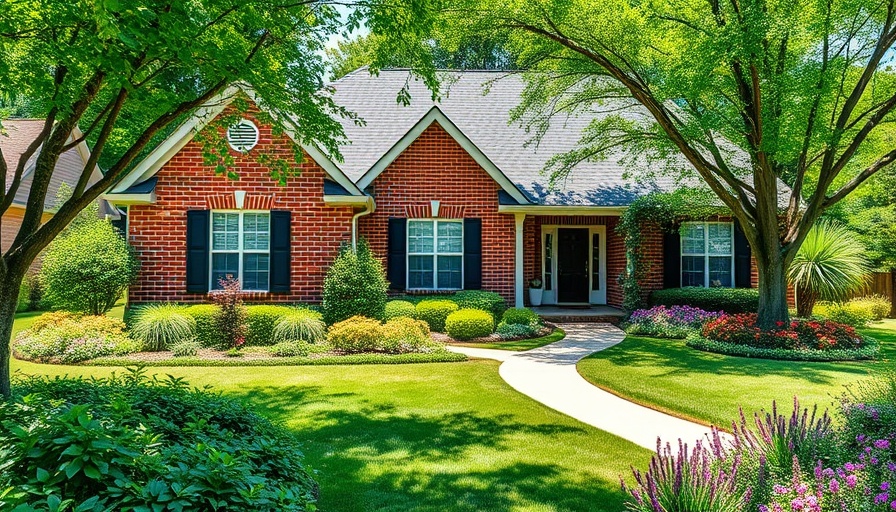
Understanding Private Mortgage Insurance (PMI): A Necessity for Home Buyers
If you’re diving into the world of real estate, particularly if you're considering purchasing a commercial space or another property type, understanding Private Mortgage Insurance (PMI) becomes essential. This type of insurance is typically required by lenders when the down payment on a conventional loan is less than 20%. Essentially, PMI serves as a financial safety net for lenders, providing them some protection in case of borrower default.
Decoding PMI: The Costs Involved
PMI is not merely an additional expense but a crucial factor that can influence your overall cost of borrowing. On average, PMI can range from 0.3% to 1.5% of the original loan amount annually. For example, on a $300,000 loan, PMI could cost anywhere from $90 to $375 each month. Having a grasp of these figures can significantly affect your budgeting strategies, especially if you’re aiming to purchase commercial space in competitive markets.
Types of PMI: Choosing the Right Option for You
There are various types of PMI, each with distinct features suitable for different financial situations. Understanding these options can empower borrowers:
- Borrower-Paid PMI (BPMI): This is the most common type where you pay the premium as part of your monthly mortgage payment. It can be canceled once you achieve 20% equity in your home.
- Lender-Paid PMI (LPMI): Here, the lender covers the PMI costs in exchange for a slightly higher interest rate. This option cannot be canceled; refinancing is the only way to remove it.
- Single-Premium PMI: Ideal for those who prefer upfront payments, this requires paying the entire premium at closing, reducing monthly payments but introducing risks if you need to sell or refinance quickly.
- Split-Premium PMI: This combines elements of both upfront and monthly payment approaches.
Alternatives to PMI: Options to Consider
Homebuyers looking to avoid PMI can explore several alternatives, which can be especially beneficial for those eyeing commercial real estate investments:
- A Larger Down Payment: If you have the means, a down payment of 20% or more can eliminate PMI altogether.
- VA Loans: For qualifying veterans, the Department of Veterans Affairs offers loans that do not require PMI, even with lower down payments.
- Piggyback Loans: These involve taking two loans to cover your home purchase, allowing you to circumvent PMI.
Key Takeaways for Smart Home Buyers
Understanding PMI is crucial for those in the market for property, as it significantly impacts monthly mortgage costs. By being informed about the types, costs, and alternatives to PMI, you position yourself to make smarter financial decisions in your home-buying journey. Whether you're considering residential properties or looking to lease commercial space, knowledge of these facets can save you money in the long run.
Take Action: For more insightful real estate tips and expert advice on financing your next property, connect with trusted mortgage professionals today!
 Add Row
Add Row  Add
Add 




 Add Row
Add Row  Add
Add 
Write A Comment